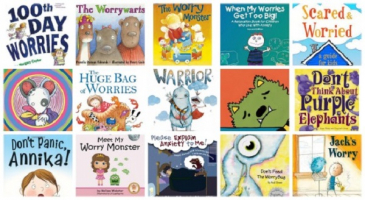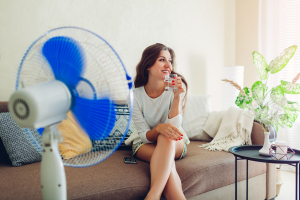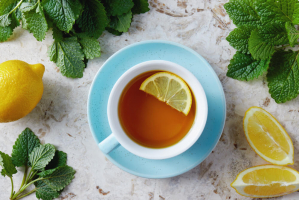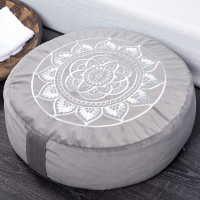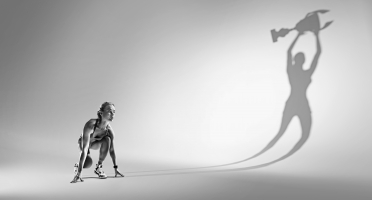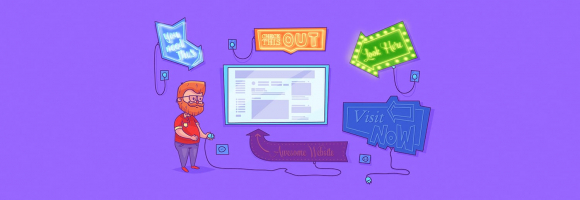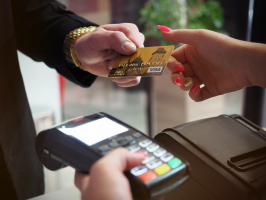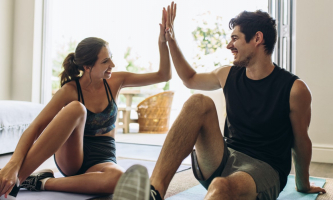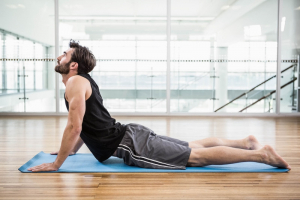Top 7 Best Anxiety Exercises to Help You Relax
A typical human stress response is anxiety. However, excessive anxiety can make it difficult to have a happy and healthy life. Try one or more of the following ... read more...exercises anytime, anyplace to find relief if you feel caught up in your anxiety.
-
You can notice that your breathing and pulse rate quicken while you're feeling nervous. You could begin to sweat and experience dizziness. Taking control of your breathing might help you feel less stressed by calming your body and mind.
When you're feeling worried, do these steps to control your breathing:
- Find a peaceful place to sit and feel at ease. Place one hand on your stomach and the other on your chest. When you breathe in deeply, your stomach should move more than your chest.
- Inhale slowly and steadily through your nose. As you breathe in, keep an eye on and feel your hands. The hand on your stomach should move slightly while the hand on your chest should remain still.
- Exhale slowly through your mouth.
- Repeat this process at least 10 times or until you start to feel your anxiety decreasing.
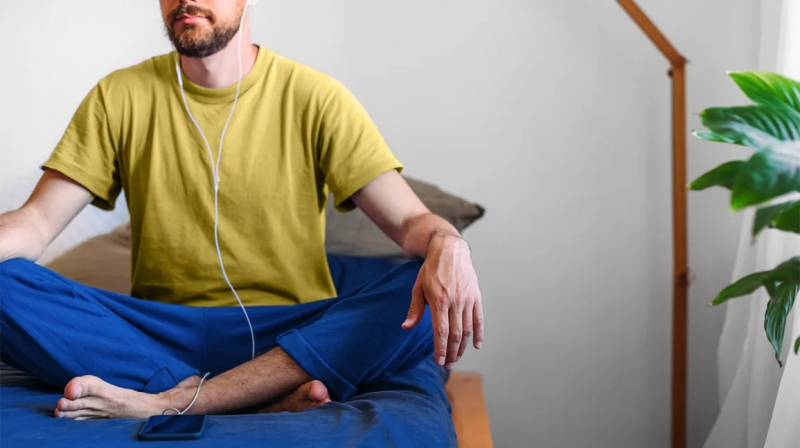
Relax by breathing 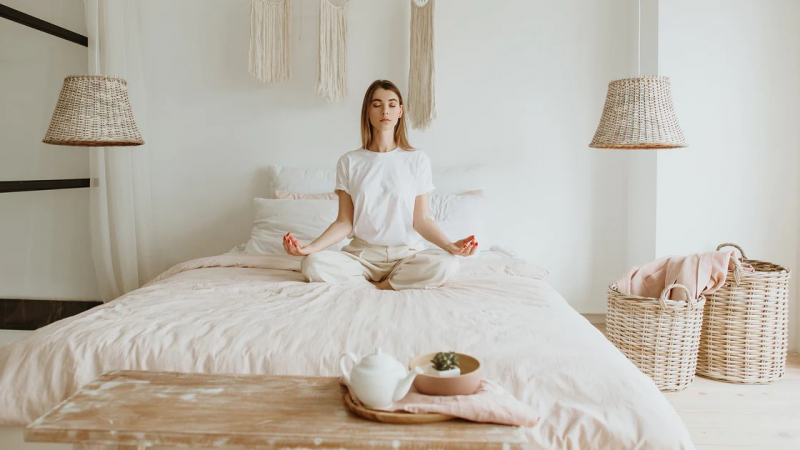
Relax by breathing -
Have you heard the phrase "finding your happy place"? Your brain and body might truly become more relaxed if you visualize a calm place.
Sit in a calm, relaxing place when you start to feel anxious. Consider where you would want to unwind. Although it might be anywhere in the world, actual or imagined, it has to be a scene that makes you feel very safe, happy, and calming. Make sure it's easy enough to think about so you can come back to it later on when you're feeling worried. Think about how the place would smell, feel, and sound. Imagine yourself there, relaxed and taking it all in. Once you have a clear image of your "happy place," close your eyes and take a few calm, even breaths out of your nose. Until you feel your anxiety lessening, keep your attention on your breathing and keep visualizing the place in your mind. Anytime you have anxiety, return to this place in your thoughts.
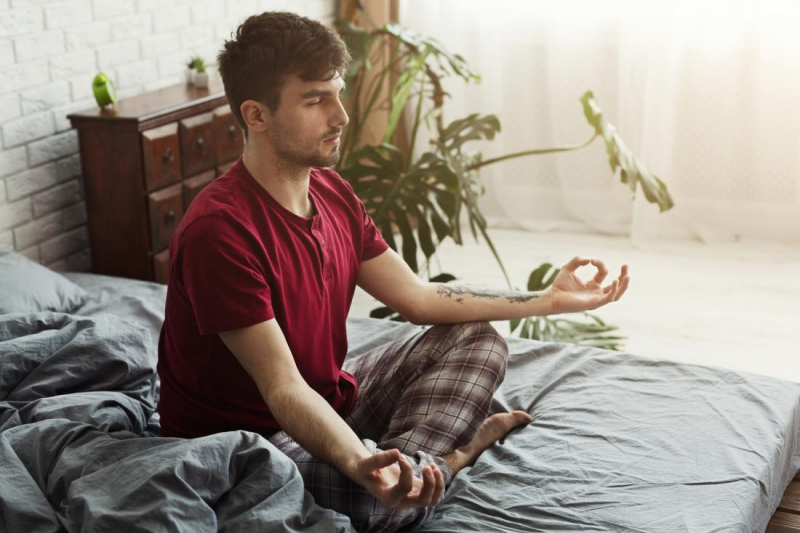
Relax by visualizing 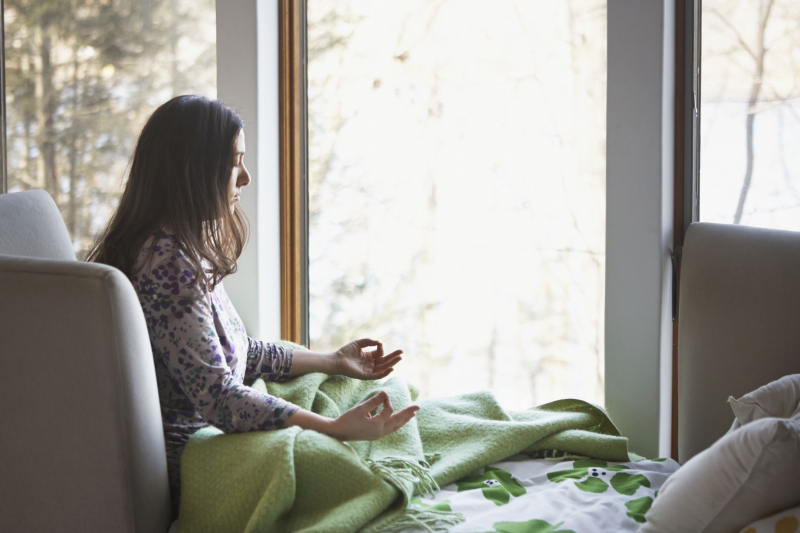
Relax by visualizing -
Your muscles may feel strained or tense when you're stressed. When you are feeling anxiety, this muscle stress may make it more challenging to manage. You may lower your anxiety levels by relaxing your muscles.
When feeling anxious, instantly relax your muscles by doing these steps following:
- Find a peaceful spot to sit and feel at ease. Focus on your breathing while closing your eyes. Slowly inhale through your nose and exhale through your mouth.
- You should squeeze your hand into a fist. Make a fist and tighten it.
- For a few seconds, keep your fist squeezed. Take note of the tightness in your hand.
- Open your fingers slowly and pay attention to your feelings. You could feel your hand releasing some stress. Your hand will eventually start to feel lighter and more at ease.
- Continue tensing and then relaxing the hands, legs, shoulders, and feet, as well as other muscle groups throughout your body.
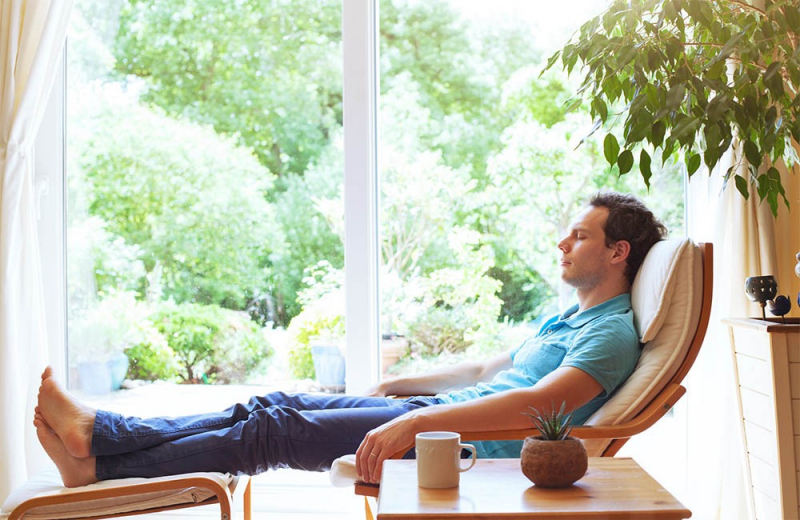
Relax your muscles 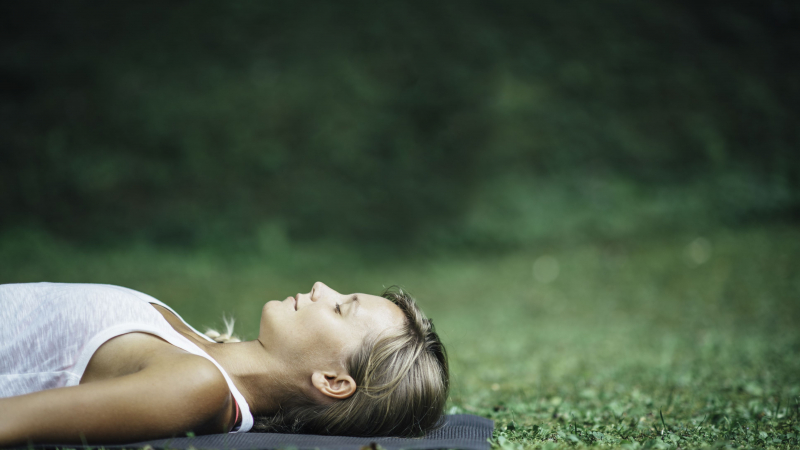
Relax your muscles -
One easy technique to reduce your tension is to count. Find a quiet area where you can sit down if you start to feel anxious. As you carefully count to 10, close your eyes. Repeat as required, counting to 20 or a greater number. Count until you start to feel less anxious.
Because counting gives you something to concentrate on other than your anxiety, it might help you relax. It's an excellent technique to use in a busy or crowded space, such as a train or store, where it could be more difficult to carry out other anxiety exercises.
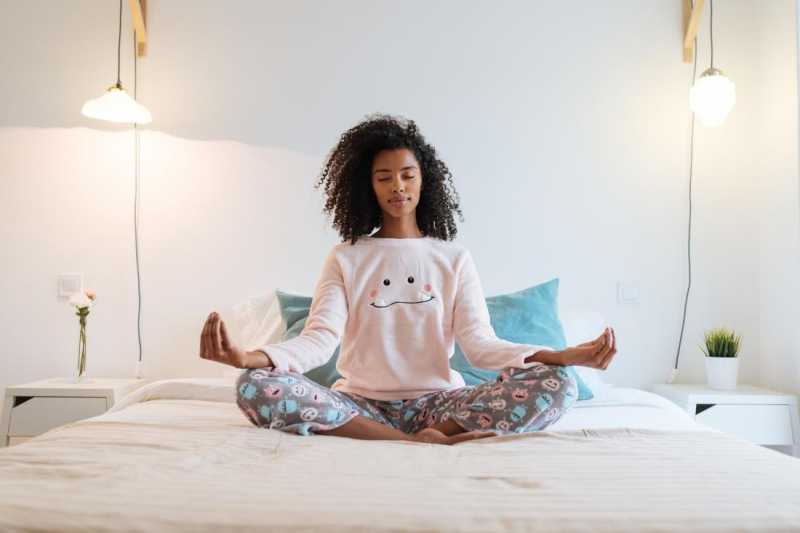
Relax by counting 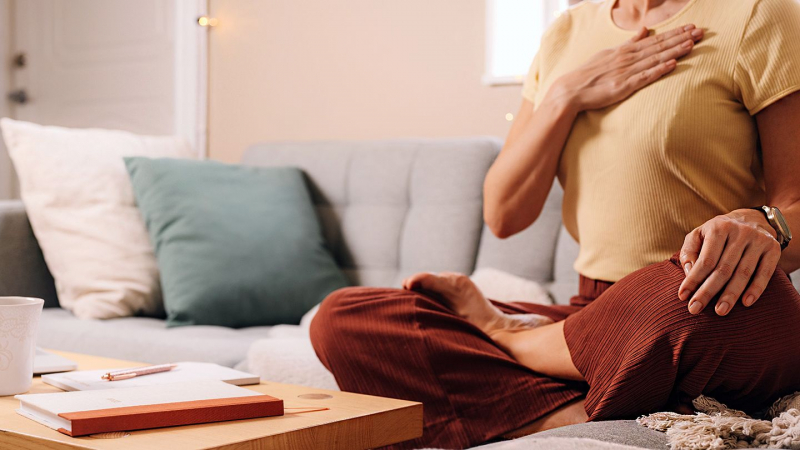
Relax by counting -
Being present in your present situation and surroundings while being kind and without judgment is known as mindfulness. When you feel your thoughts racing and tension rising, staying in the present might help you in maintaining a calm state of mind.
Here’s how to bring yourself into mindfulness meditation:
- Find a place where you can sit quietly and comfortably and close your eyes.
- Observe your breathing and physical feelings.
- Now turn your attention to the feelings you are noticing around you. "What is going on outside of my body?", ask yourself? Take note of your surroundings by listening, smelling, and feeling them.
- Once your anxiety starts to diminish, shift your focus many times from your body to your surroundings and back again.
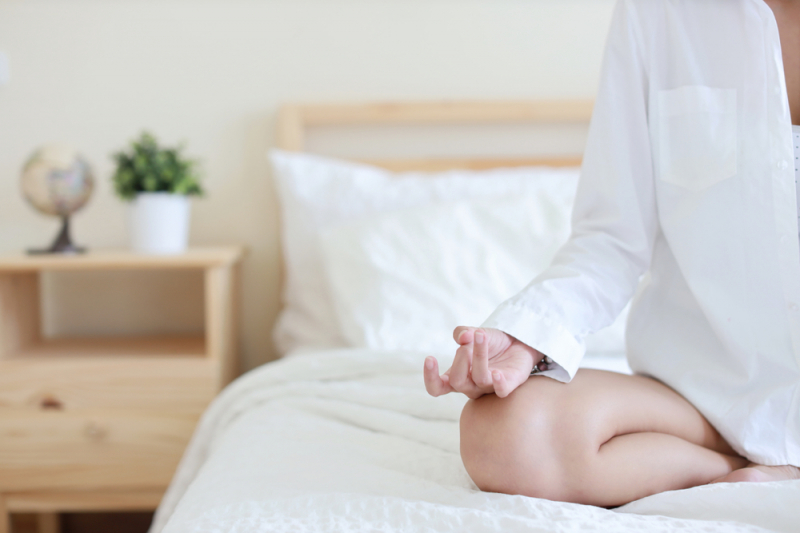
Relax by staying present 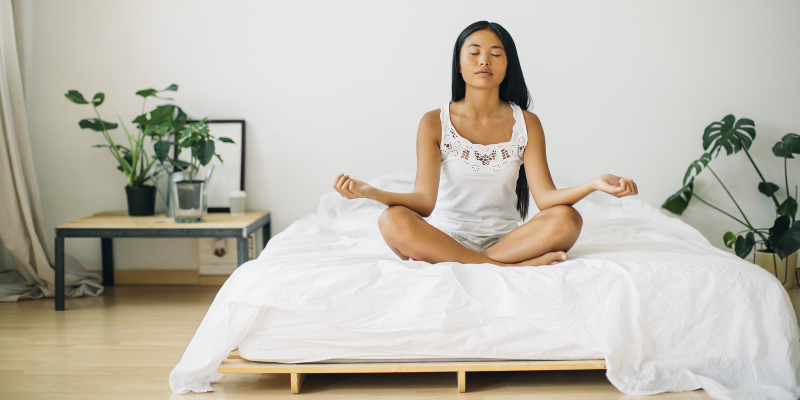
Relax by staying present -
To use this method, all you need to do is put yourself outside of yourself and think. Try using a variety of methods to turn your attention from your anxious thoughts, such as singing a funny song or speaking about your anxieties in a funny voice. Choose a positive subject to think about instead of your anxiety. This may be someone or someplace you love, or it might simply be something you really expect to do later that day, like enjoying a nice dinner.
Exercise is known as a natural and effective anti-anxiety medication. Moving releases endorphins, which reduce tension and stress, increase energy, and improve your sense of wellbeing. More significantly, you may stop the steady stream of anxieties flowing through your thoughts by paying close attention to how your body feels while you move.
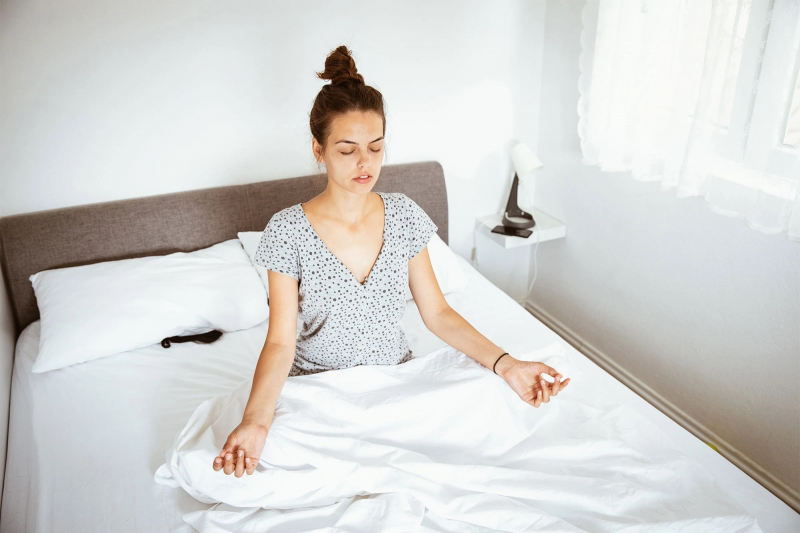
Relax by interrupting your anxious thinking 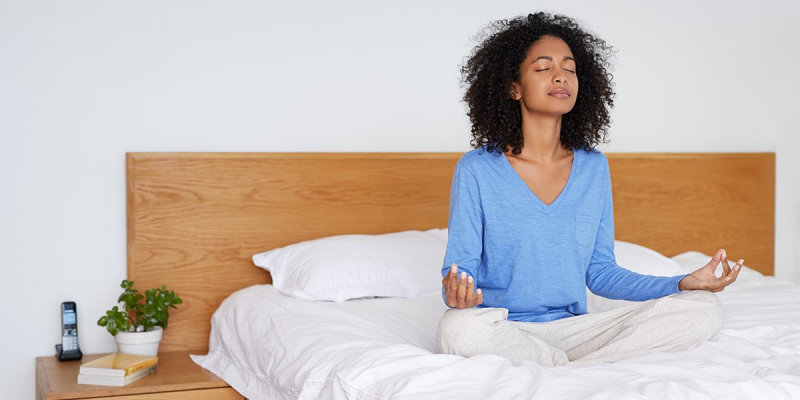
Relax by interrupting your anxious thinking -
You are undoubtedly well aware of the significant benefits that a professional massage at a spa or fitness center can have on lowering stress, easing pain, and easing muscular tension. What you might not know is that by self-massaging or trading massages with loved ones, you can get some of the same advantages at home or at the office.
Try giving yourself a quick massage at your desk in between jobs, on the sofa after a long day, or in bed to help you relax before night. You can use scented lotion or aromatic oils to relax, or you can mix self-massage with mindfulness or deep breathing exercises.
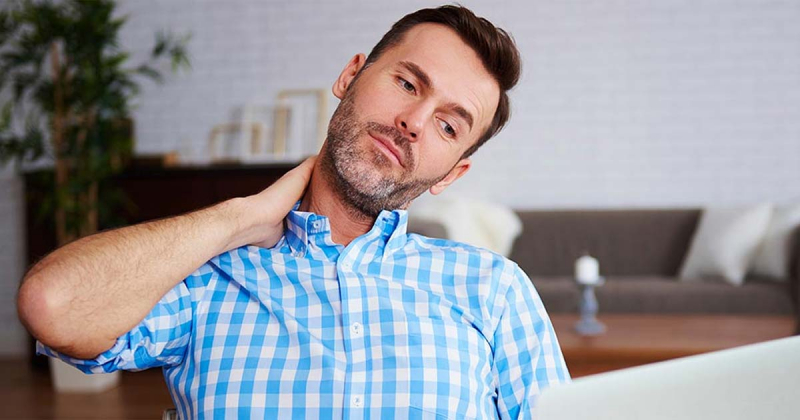
Self-massage 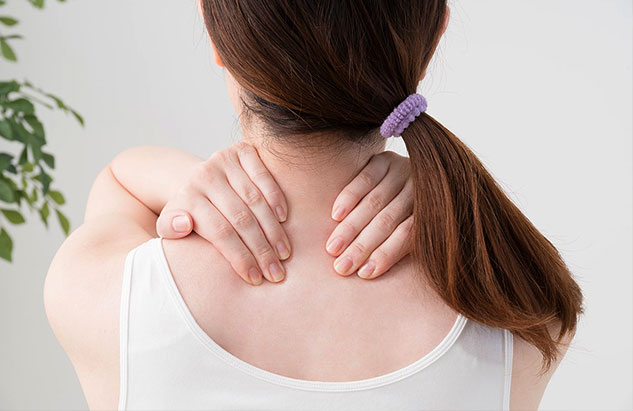
Self-massage










